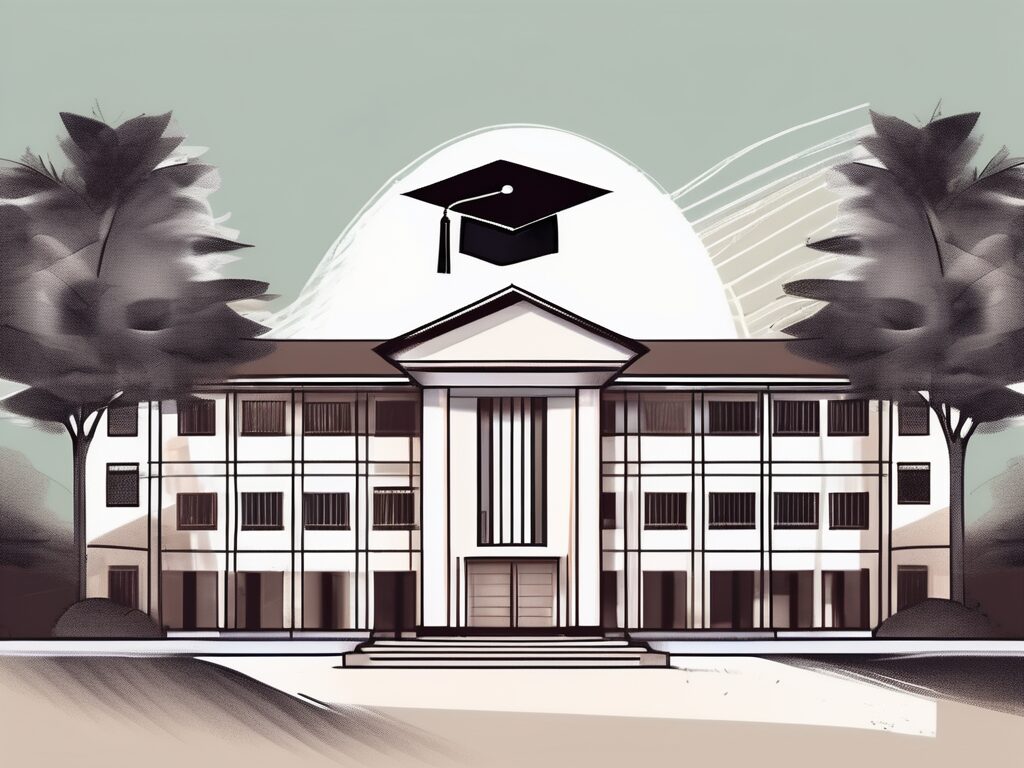The education sector in Malaysia has been under the microscope in recent years, with a focus on the challenges faced by teachers, particularly those with a Master’s in Education. These teachers, often seen as the backbone of the education system, are grappling with a myriad of issues that are impacting their ability to deliver quality education in public schools. In this comprehensive exploration, we will delve into five key points that encapsulate the issues faced by these educators.
1. Inadequate Recognition and Utilisation of Skills
Underutilisation of Advanced Skills
Teachers with a Master’s in Education are equipped with advanced skills and knowledge that can greatly enhance the learning experience for students. However, in Malaysia’s public schools, these skills are often underutilised. This is akin to having a high-performance sports car but only using it to drive at a snail’s pace. The potential of these teachers is not being fully tapped into, which can lead to frustration and dissatisfaction.
Lack of Recognition
Alongside the underutilisation of skills, there is also a lack of recognition for teachers with a Master’s in Education. Despite their advanced qualifications, they are often treated the same as teachers with basic qualifications. This can be compared to a seasoned chef working in a fast-food restaurant – their skills and expertise are not being acknowledged or rewarded appropriately.
2. Insufficient Professional Development Opportunities
Stagnation in Career Progression
Professional development is crucial for any career, and teaching is no exception. However, teachers with a Master’s in Education often find themselves in a state of professional stagnation, with limited opportunities for career progression. This is akin to being stuck in a traffic jam – no matter how much you want to move forward, you’re stuck in the same spot.
Limited Training Opportunities
Furthermore, there is a lack of training opportunities for these teachers to further enhance their skills and knowledge. This is comparable to a musician who is not given the chance to practice and improve their craft. Without these opportunities, teachers may find it difficult to stay abreast of the latest teaching methodologies and techniques.
3. High Workload and Stress Levels
Excessive Administrative Tasks
Teachers in Malaysia’s public schools are often burdened with excessive administrative tasks, which can detract from their primary role of teaching. This is like a gardener who spends more time doing paperwork than actually tending to the garden. The high workload can lead to burnout and high stress levels among teachers.
Large Class Sizes
Another contributing factor to the high workload is the large class sizes in public schools. Managing a large number of students can be overwhelming and stressful, much like trying to control a bustling crowd. This can impact the quality of education as teachers struggle to give individual attention to each student.
4. Low Salary and Benefits
Disparity in Pay
Despite their advanced qualifications, teachers with a Master’s in Education often receive salaries that are not commensurate with their skills and expertise. This is akin to a highly skilled artisan being paid the same as an unskilled labourer. The low pay can lead to demotivation and a lack of job satisfaction.
Inadequate Benefits
Alongside the low pay, the benefits offered to these teachers are often inadequate. This is like buying a luxury car but not getting any of the expected perks and features. The lack of benefits can further contribute to job dissatisfaction and low morale among teachers.
5. Lack of Support and Resources
Insufficient Teaching Resources
Teachers in Malaysia’s public schools often have to contend with a lack of teaching resources. This is like a painter trying to create a masterpiece without the necessary paints and brushes. The lack of resources can hinder the teaching process and impact the quality of education.
Minimal Support from Management
Furthermore, there is often minimal support from school management for teachers, particularly those with a Master’s in Education. This can be compared to a football team where the coach does not provide the necessary guidance and support to the players. Without this support, teachers may struggle to overcome the challenges they face in their roles.
In conclusion, teachers with a Master’s in Education in Malaysia’s public schools face a multitude of issues, from inadequate recognition and utilisation of their skills to insufficient professional development opportunities, high workload and stress levels, low salary and benefits, and a lack of support and resources. Addressing these issues is crucial to enhancing the quality of education in Malaysia’s public schools and ensuring that these highly qualified teachers can fully utilise their skills and expertise to the benefit of their students.
Empower Your Teaching Career with The IQTS at UWE
As a dedicated educator with a Master’s in Education facing the challenges outlined in Malaysia’s public schools, it’s time to make your next step towards a brighter professional future. The International Qualified Teacher Status (iQTS) programme at UWE is designed to elevate your teaching credentials, offering a pathway to overcome barriers, accelerate your career progression, connect with a global community of educators, and gain a comprehensive understanding of international curricula. Embrace the opportunity for professional growth and a balanced approach to career development with our flexible online study options. Make Your Next Step with the iQTS programme and transform your potential into success.

